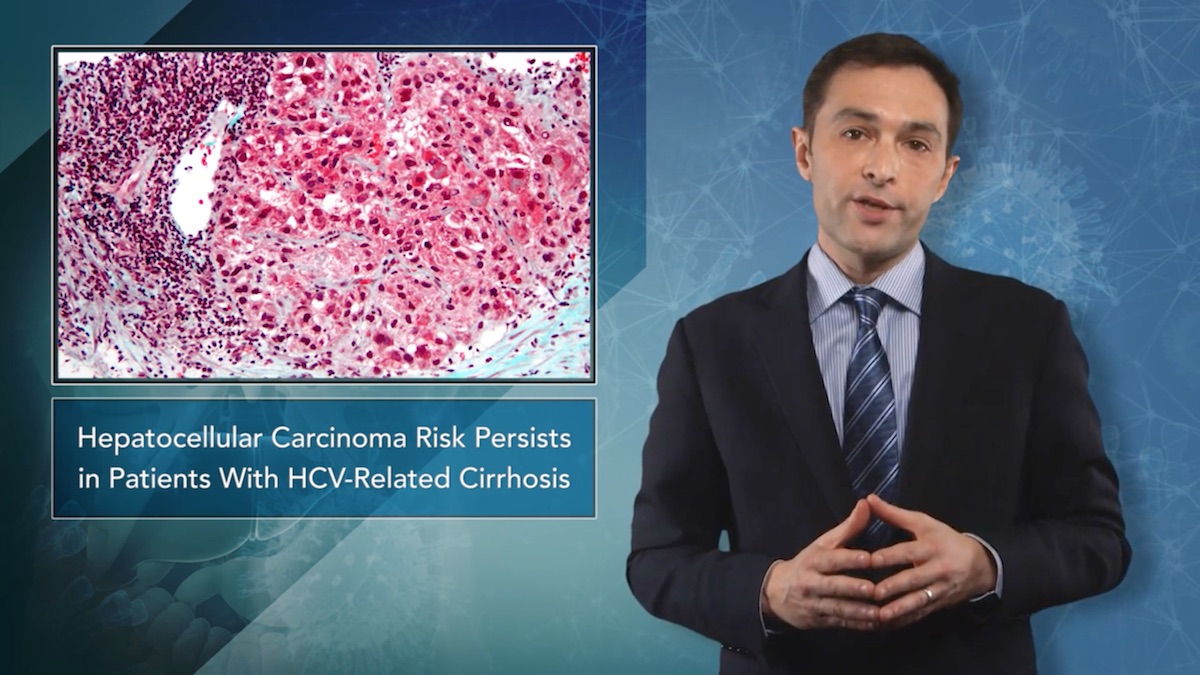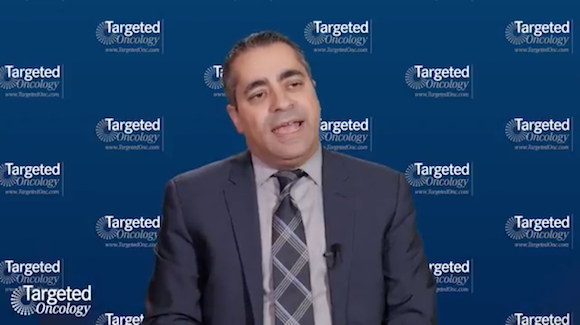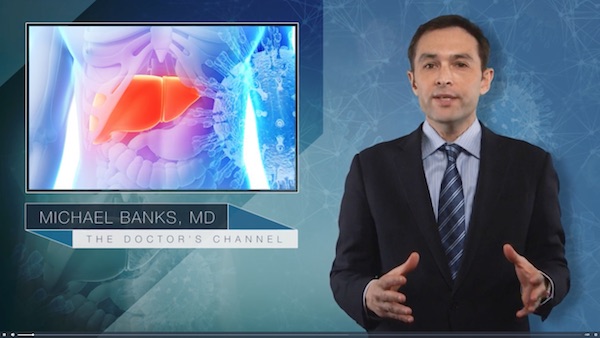Extended treatment of HCV type 1 beneficial in slow responders
Reuters Health • The Doctor's Channel Daily Newscast
Dr. Eva Herrmann and colleagues at J.W. Goethe University in Frankfurt note that there’s conflicting evidence about the value of extending treatment beyond the standard 48 weeks for patients with HCV genotype 1, who often have a slow response to therapy. “Therefore,” they explain, “we performed a systematic review and meta-analysis of randomized controlled clinical trials which compared extended duration of treatment with pegylated interferon-alfa and ribavirin with standard treatment in treatment-naive HCV genotype 1 slow responders.”
The team identified seven appropriate studies that met inclusion criteria; one of the studies was excluded because it did not report the number of slow responders based on HCV RNA status at 12 weeks, leaving a total of 669 patients in the analysis.
“The overall SVR (sustained virologic response) rates of these slow responders were 19.4% and 35.6% after standard treatment versus extended treatment, respectively (p=0.0072),” the team reports. Further analysis showed that extended therapy produced a 14.7% higher likelihood of achieving a sustained virologic response compared with standard treatment.
“The frequency of viral relapse appears to be associated with the time of being HCV RNA negative during treatment and the reduced frequency of relapse is a likely explanation of improved SVR rates after extended treatment,” the investigators surmise.
Noting that numerous side effects can occur with interferon-ribavirin treatment, Dr. Herrmann and colleagues looked at safety and tolerance during extended therapy. While there was not a significant increase in serious side effects with extended treatment (8%) versus standard treatment (7%), more patients did voluntarily discontinue treatment (7.0% vs. 2.3%).
The researchers note that new treatments targeting HCV specifically are being developed and some patients might be safely watched until these new antivirals become available. However, treatment is urgent in patients with advanced liver fibrosis, so “optimization of combination therapy with pegylated interferon-alfa and ribavirin is still of high relevance.”
Reference:
Meta-Analysis Shows Extended Therapy Improves Response of Patients with Chronic Hepatitis C Virus Genotype 1 Infection
Clin Gastroenterol Hepatol 2010.






